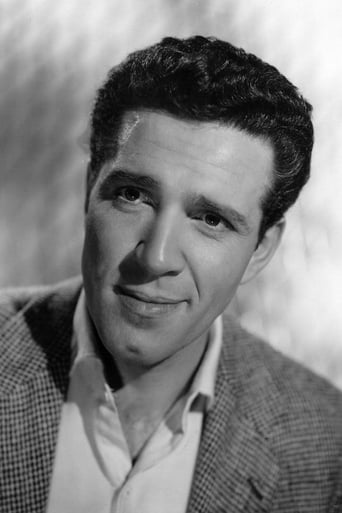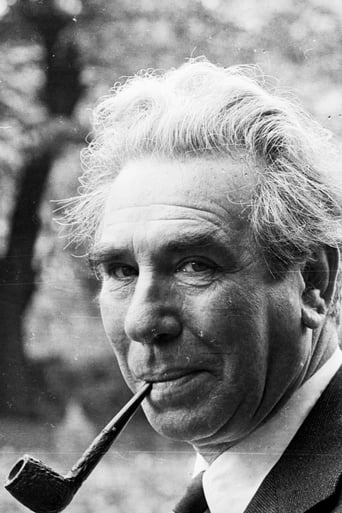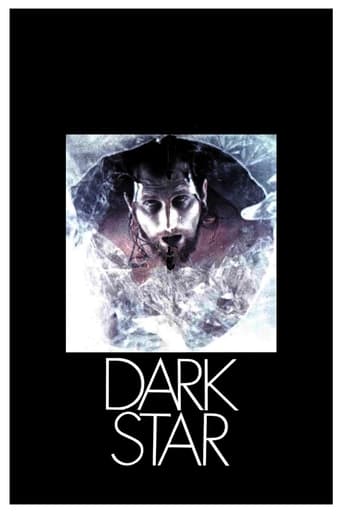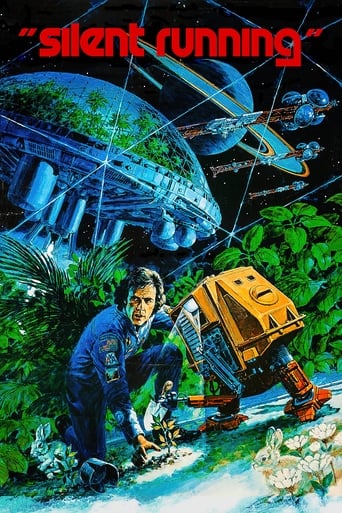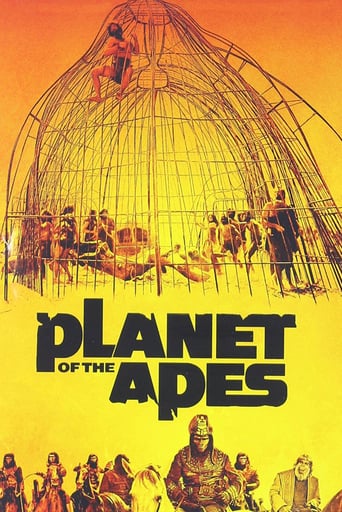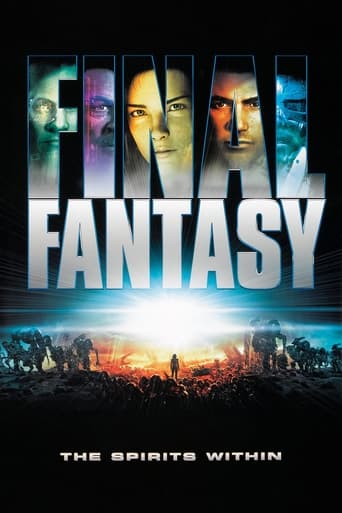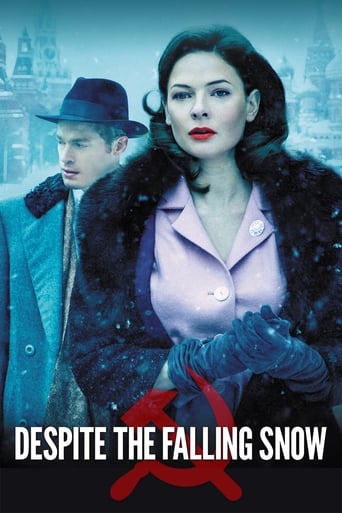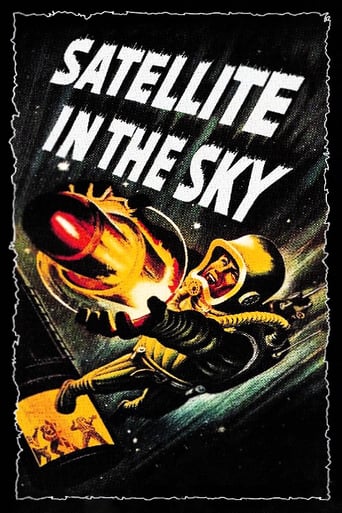
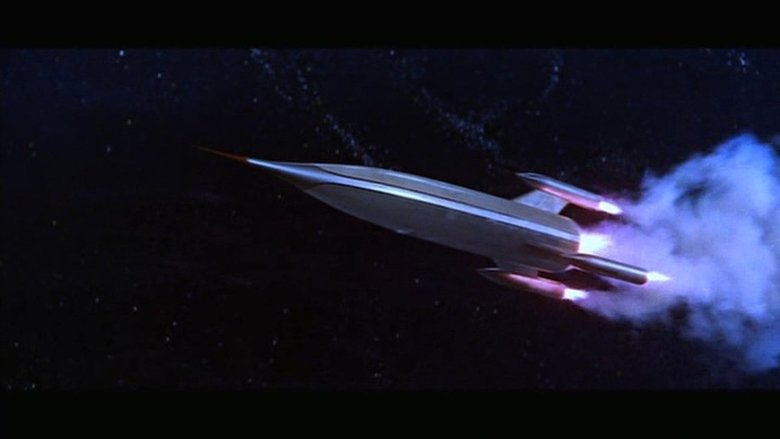
Satellite in the Sky (1956)
A bomb dooms the first space satellite, manned by a selfless crew, a stowaway reporter (Lois Maxwell) and a mad scientist (Donald Wolfit).
Watch Trailer
Cast
Similar titles

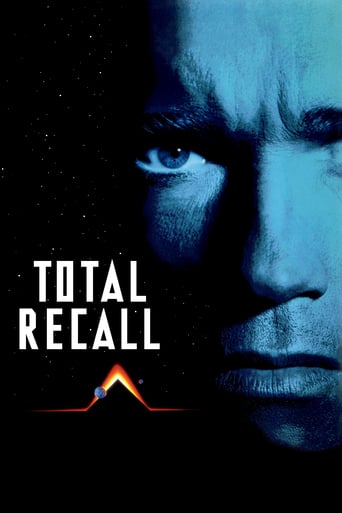
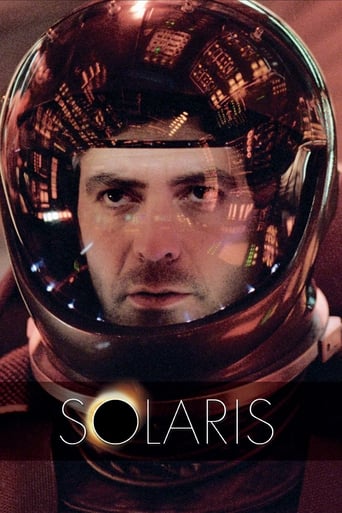
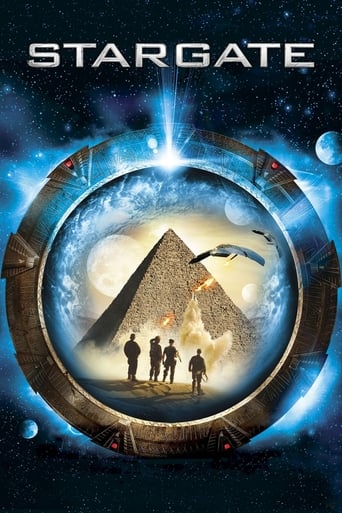
Reviews
Simply A Masterpiece
Excellent but underrated film
The acting in this movie is really good.
It is an exhilarating, distressing, funny and profound film, with one of the more memorable film scores in years,
This had to be a second feature when debuting in the mid-50s. It was a weak execution of an interesting plot. A crew of astronauts launch from England into outer space on a rocket which can serve as a satellite. Their mission is to test a new bomb, but after the bomb fails to repel itself from the ship, the crew has only a matter of hours to defuse or destroy the weapon before it explodes. A typical 50s movie with a little romance budding between the stowaway and one of the crew. A little morality and indignation thrown in regarding a nuclear weapon in outer space. A bit more conflict among the crew might have added some spice. Considering their circumstances they should have been at each other's throats more. Saw it on TCM. Unfortunately, it is not worthy of even being considered a classic. Forbidden Planet was filmed the same year and there is absolutely no comparison that can be made. Satellite in the Sky bombed way before the ending.
As mentioned by others, the early sci-fi movies seem to have the idea that when you go up a bit you leave the Earth's gravity field. No. What about the Moon? Isn't it held by our gravity? Do the tides just appear by themselves? Rider to the Stars (1954) also had that gravity concept. These movies confuse a lack of gravity with an orbit where you can go 18,000 mph just outside the Earth's atmosphere. You are falling and you miss the Earth. Why do the astronauts float in the Space Shuttle? There is no gravity, all the kids say. The other issue is the statement made in the movie that outside the atmosphere of the Earth magnetic forces are much stronger. It may be true that a magnetic force is attenuated by something placed between 2 magnets. Even a piece of cardboard should reduce it a bit, and air might reduce it a tiny bit, but I never heard of magnetic forces increase much in a vacuum. The writers seem to get confused. So what if 2 guys grabbed the bomb, used the jet packs to push it away, and then zipped back to the ship. A small poof of the rocket motor should get the ship further away. They seemed to try to push the bomb once but it drifted slowly back. They could have a rope attached to themselves and the ship if necessary. The bomb would have to be really highly magnetized for it to act like it did. The explanation was that the ship is really big compared to the bomb. I can't believe that in 9 hours they could not have come up with a simple plan - steer bomb a distance away, zip back, use low thrust to get the ship further away, then pedal to the metal. The last point - the bomb guy freaked out when they were going up. He appeared to be middle aged, not in great shape, and never had the slightest training or any kind of medical clearance.
Included on the same disc as WORLD WITHOUT END (1956), this contemporaneous sci-effort from Britain takes a much more serious approach (down to the stiff-upper-lipped characters and stirring score) with its documentary-like depiction of flights outside the Earth's atmosphere, the ultimate reason for which is the testing of a new type of bomb that's so powerful it can only be blown in outer space! While not uninteresting in itself, the treatment is so hackneyed as to render the whole dull instead of gripping, managing only a modicum of suspense during the last half-hour or so when the bomb, already timed to explode, remains attached to the back of the shuttle when dislodged! Casting is second-rate but adequate: Kieron Moore (as the stoic test pilot), Lois Maxwell (an intrepid reporter who, having lost her father and brother to science, feels a natural aversion to progress but still can't help stowing away on the space vessel for the sake of a scoop!), Donald Wolfit (in the obligatory pompous physicist role, who then breaks into hysterics when the going gets tough!) as well as Bryan Forbes and Jimmy Hanley, playing other members of the flight each given a dreary romantic subplot fraught with complications.
A courageous crew led by the rugged and valiant Commander Michael Haydon (an excellent performance by Kieron Moore) guide a stratospheric jet rocket ship on the first space flight; their mission is the first outer space detonation of a tritonium bomb, but alas things go awry and the men find themselves in great peril. Director Paul Dickson, working from a bright and thoughtful script by John Mather, J.T. McIntosh, and Edith Dell, relates the absorbing story at a steady pace, puts a welcome and refreshing emphasis on the engaging characters during the opening half of the picture, and develops a reasonable amount of suspense in the second part of the movie. Moreover, there's uniformly sound and sincere acting from solid cast: Moore makes for a properly strong and stalwart hero, the lovely Lois Maxwell (Miss Moneypenny in the James Bond films) delivers a winningly tart portrayal of snoopy reporter Kim Hamilton (she stows away on the ship), plus there are fine supporting turns by Donald Wolfit as the austere Professor Merrity, Bryan Forbes as the eager Jimmy Wheeler, Jimmy Hanley as the cheery Larry Noble, Barry Keegan as the dour, hardy "Lefty" Blake, Thea Gregory as Larry's snippy, fed-up wife Barbara, and Shirley Lawrence as Jimmy's sweet, cute girlfriend Ellen. The polished widescreen color cinematography by Georges Perinal and James Wilson makes artful occasional use of fades and dissolves while the stirring, majestic score by Albert Elms hits the spirited spot. The special effects are merely passable at best. An intelligent and entertaining little winner.
